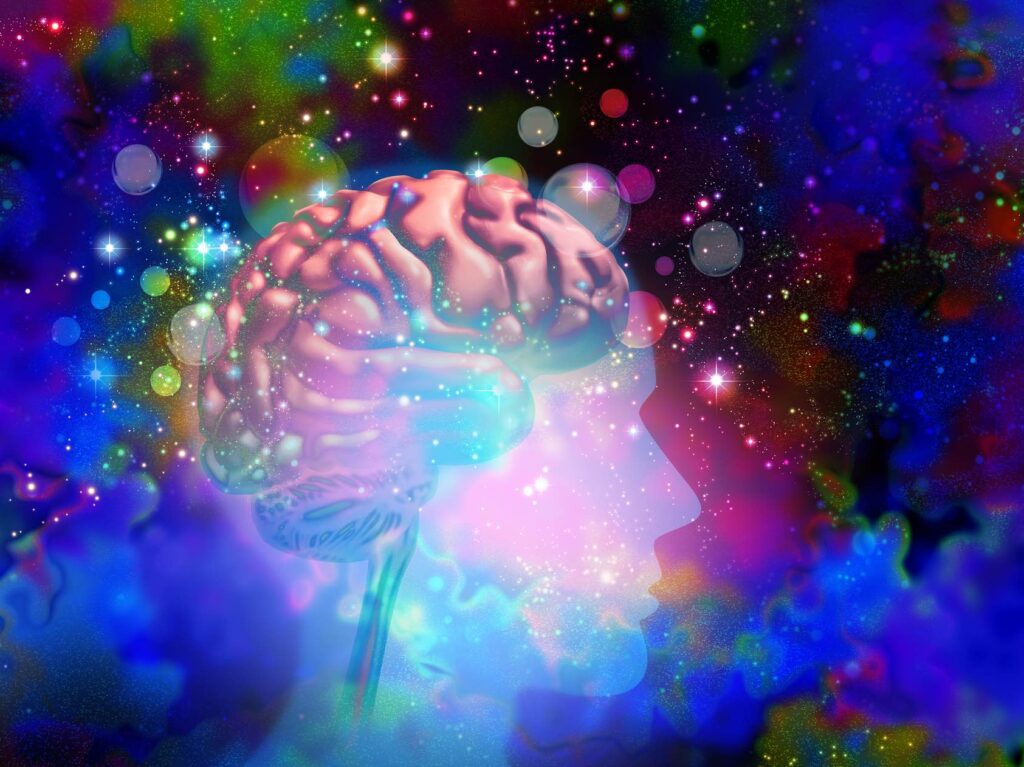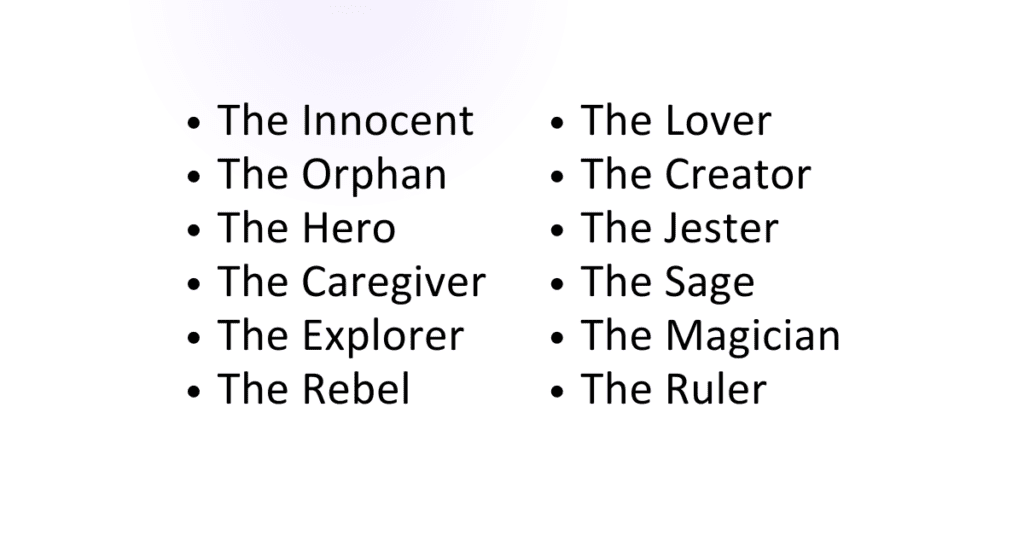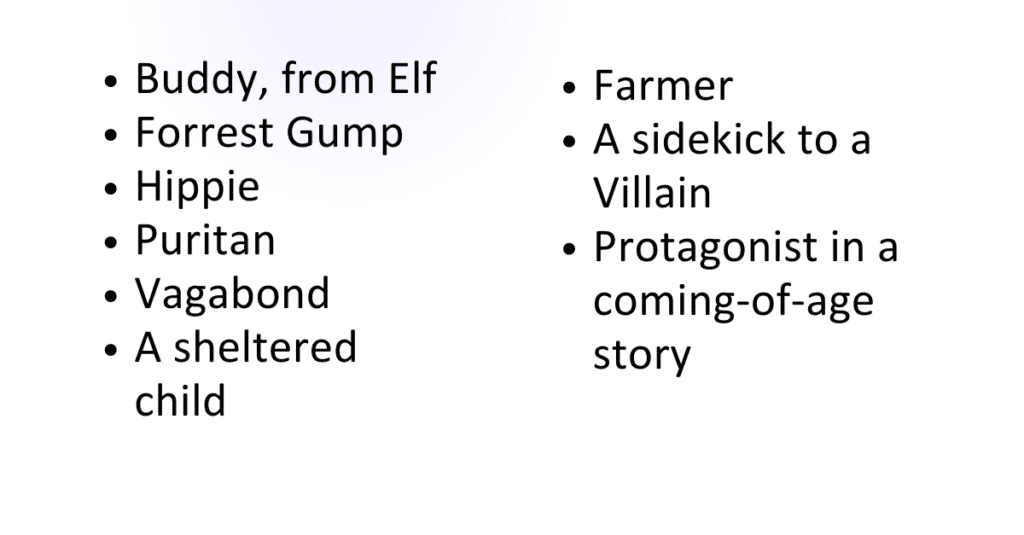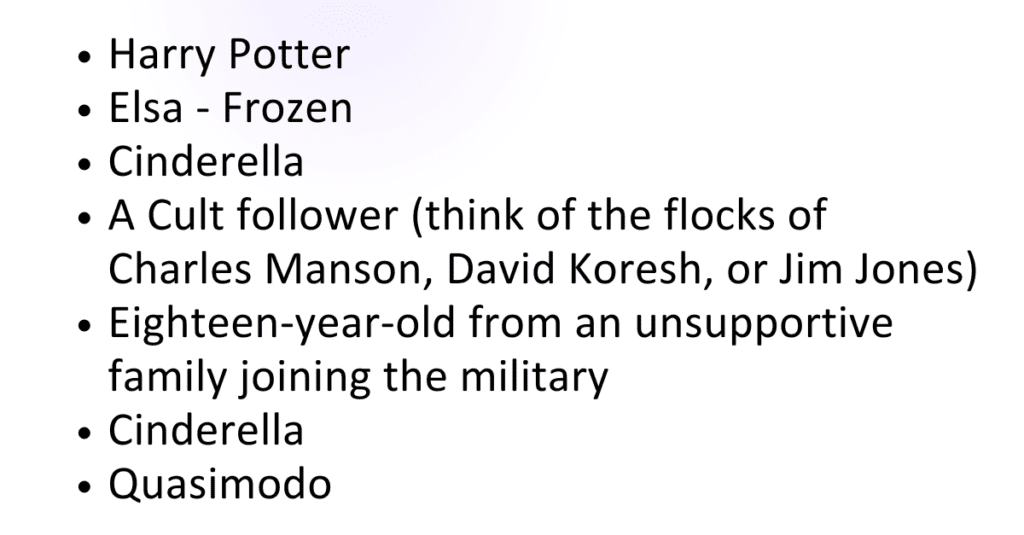HOW ARCHETYPES IMPROVE YOUR NOVEL
Carl Jung, one of the founding fathers of psychology, created a comprehensive understanding of the psyche. And since stories need personalities, or characters, I’d like to offer an alternative perspective of how you can utilize Jung’s 12 Basic Archetypes in writing fiction.

One of my favorite things to do the day after Thanksgiving is head over to the local shopping mall.
No, I’m not a masochist who gets my kicks by negotiating, fighting with a thousand other crazy shoppers, and enjoys standing in long lines while the mother in front of me yells at her five-year-old for being unruly. It’s a holiday, lady. You chose this mess! If you dig that sort of chaos, well, kudos to you—me—I’m simply a people watcher that examines personality traits for future stories.
In a crowded area like the mall, no one pays attention to the woman eating popcorn on the bench tucked between the sunglass shack and a make-your-own-tie dyed tee shirt stand, sipping iced tea, and writing in her notebook.
It’s important for writers to pay attention to people, their attitudes, their responses to conflict, trauma, or delight. We must observe who holds the door open for a stranger, verses those with no self-awareness taking up the whole aisle at the grocery store regardless of the number of customers needing to get by.

Let’s start with the basic definition of each of the basic archetypes and then we’ll dive into understanding how they work in story.
WHAT IS AN ARCHETYPE?
According to Jung, archetypes represent universal themes, motifs, or symbols that evoke a profound emotional response and hold deep significance across cultures and generations (Jung, 1964).
What the heck does that gibberish mean?
What Jung is saying is, we are all connected by what is called The Collective Unconscious. The theory basically states that we are all interrelated or linked by an unseen force that keeps us all tied together. We are in essence molds or blueprints of the human psyche passed through generations of trauma, healing, and truth.
Archetypes are universal, found within every space of every culture around every inch of the globe. They are innate qualities born through our bloodlines, developed through experience and nurtured by connection.
There are twelve basic archetypes or personalities on the planet. Yes, we can say the lines are blurred and the borders faint as they overlap, but ultimately, the core of a particular archetype is found in each one of us. So, by watching people in a crowded place, we not only can determine our own archetype, but from a writing perspective, we can pinpoint any person we come across and categorize them into a known persona. That’s the fun of writing characters—and learning why Sally turns into a psycho at a professional football game. These archetypes are also the reason I’m confident that a new world order, think dystopian novels, will have the same results—because people can’t change their innate personality.
A list of the 12 Basic Archetypes

Because the information can become overwhelming, let’s stick to breaking just three of Jung’s Archetypes. In upcoming blogs, we’ll break down a few more.
From Theory to Application
The Innocent Persona:
- Represents purity and optimism
- Desires happiness and freedom
- Focuses on doing the right thing; strives to do good
- Seeks safety, often represented by a desire for simplicity and a return to goodness
Known characters and real-life examples:
Veronica Roth nailed this archetype in her series, Divergent. Amity, the faction that lived on the edge of the community, spent their days in a state of bliss. They thrived on the freedom to work the land. They were a peaceful sect that minded their own business and didn’t get wrapped up in the diplomatic chaos as the other factions did.

The Orphan Persona:
- Desires connection and belonging
- Fears being left out or standing out
- Values connecting with others and belonging.
- Has the communal spirit and desire to be a part of something larger. Usually a child with a backstory of neglect, abandonment, abuse or neglect—one who grew up feeling unheard and unsupported
- Tends to take on a pessimistic view of the world
- Trusts peers over authority
Known characters and real-life examples:

The Hero Persona:
- Seeks to prove worth through courageous acts, fearing weakness and vulnerability – Hercules
- Strategy is to be strong and competent, although may struggle with arrogance
- the embodiment of courage and honor, constantly seeking to prove worth through brave acts – Luke Skywalker
- Driven by the pursuit of freedom and the power to protect others – Captain America
- Often morphs from The Orphan to The Hero – Harry Potter
- Objective-focused, which may result in a savior complex/ narcissism – Gatsby from The Great Gatsby
Write a story:
Think about these three archetypes we’ve just discussed. What type of relationships can you create amongst your characters to build a balance of these three archetypes? The Innocent, The Orphan, and The Hero?
My Ridiculous Example: Elsa from Frozen (the orphan) is lonely. The only thing she feels she’s good at is creating ice sculptures. Except her family likes sunbathing on the beach. What to do? She treks to New York City around the same time that Buddy the Elf (the innocent) wonders in from the North Pole. Buddy looks around NYC and thinks, “Wow, this place needs ice sculptures, but who can help liven the city?” He finds the ice queen feeding the pigeons on an iced-over park bench and together they make snowballs and ice sculptures—that is, until Captain America (the hero), who just got thawed out after sixty years, never wants to see ice again. As the Superhero, he stops Elsa from freezing the subway system and convinces Buddy to write a children’s book about the girl who freezes stuff. It’s a top seller and everyone’s happy.
Now you try; though, I suggest taking a deeper dive into your characters, their back story, and why they are the way they are.
Stay tuned…We’ll go over a few of the other 12 Basic Archetypes in upcoming blogs.
-RADolence

12 Jungian Archetypes: Unveiling the Universal Symbols of the Psyche | Personality-Type.com
12 Jungian Archetypes: The Foundation of Personality (positivepsychology.com)
The Orphan Archetype – Everything You Need to Know (dabblewriter.com)
